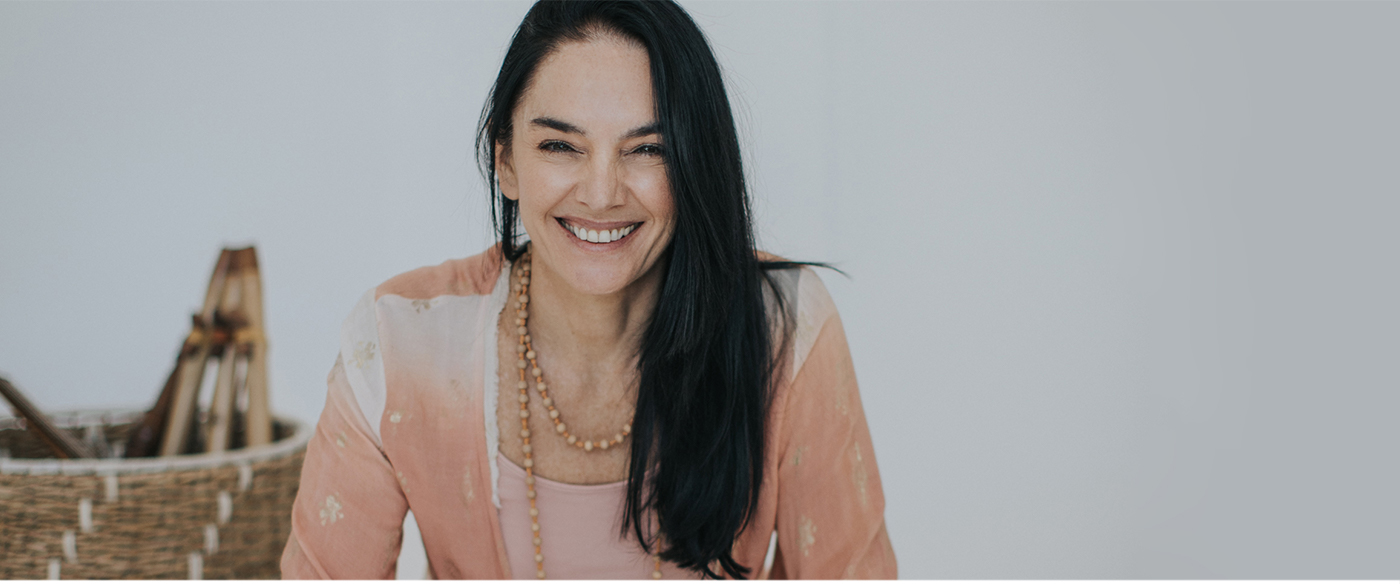
For your mental health: Mindful home
By: Cynthia Zak
There are over 2.2 billion kids on Earth that make up about 28 percent of the planet’s population. According to UNESCO, the Covid pandemic has impacted the children of the world in an unprecedented manner. Children all over are showing higher rates than ever of anxiety, stress, and feelings of hopelessness. Long periods of quarantine, online school, lack of contact with peers, endless exposure to technology, and the pause on team sports and outdoor activities has endless adverse and long term effects. Kids and adolescents are more vulnerable than adults in this situation, so the consequences are more intense and longer term.
The data on the mental health crisis that is affecting children is overwhelming and alarming. It is happening in all countries and is affecting the youth regardless of social class or living conditions (however, children in more at-risk economic conditions are even more likely to develop deep, longer term trauma ).
The Center for Disease Control in the United States (CDC) has a recent report confirming that visits to emergency rooms by children with mental health problems have increased by 31 percent since April of last year, while consultations due to accidents, bumps or falls (which are most common when children are active and playing), have declined.
The CDC explains some of the symptoms to look out for: children feeling fearful, unable to sleep, isolation, irritability, disordered eating, inability to focus, and learning challenges.
The report concludes with the preoccupation over uninhibited and compulsive internet usage, access to sites not suitable for children that increase the chance for cyberbullying, and high risk for children in abusive households who don't have access to the counselors and psychologists they would normally have at school.
Mindful Home is a solution
Throughout the years of work and research on mindfulness and its benefits in children and families, I have verified how these simple and powerful tools can bring a new look, a breath of fresh air and above all tangible results that improve the quality of everyone's life.
I insist that this possibility belongs to everyone, that developing mindfulness is a birthright and that it is about recovering or rediscovering some essential points of our humanity so that they are part of our daily lives.
I am going to share with you a list of 5 Yomu Mindfulness exercises that you can do at home right now and I invite you to put them into practice as soon as you can. Experiment and choose what works best for you to counter this seemingly inexorable reality. Each of us has in our hands the power and the possibility to change everything.
Here are some suggestions from the Yomu system and its Mindful Home program
1. Can you feel your breath? As you do, repeat these words: I am happy, I feel safe, I trust myself.
2. Give yourself a hug several times a day! Wish happiness unto yourself.
3. Give away or donate the things you don't use. Use it as an opportunity to organize. You will feel so much lighter when you give to others.
4. Practice this: imagine that inside your chest there is a light box. Everything you do, all the people who are close to you at home, receive that luminosity. You are a walking lantern.
5. Clench your fists, clench your eyes and mouth, tense your entire body. Now let go completely and shake it off. From tension to relaxation is only a moment. It feels so good to be relaxed.
Do you want more ideas? Download 30 Tips to Cultivate a Yomu Mindful Home here.
Cynthia Zak is Co-Founder of Yomu and a Mindfulness specialist.
